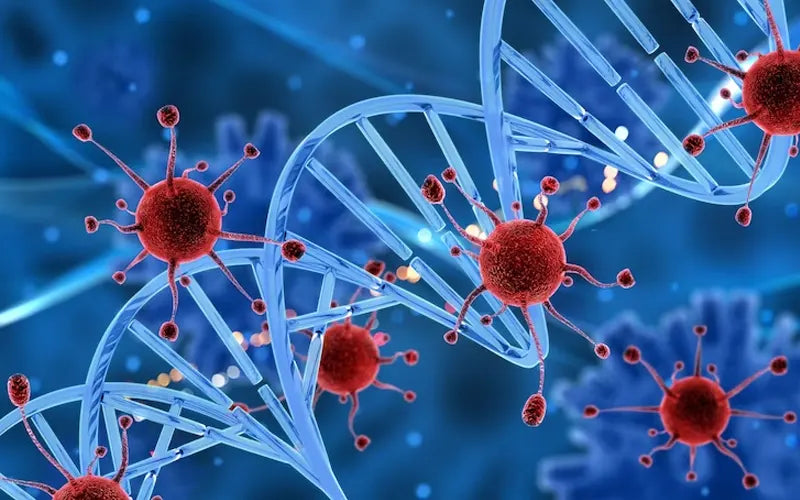Unveiling the answer to the question, "Why does the heart have more mitochondria?" is akin to unraveling the secret to the heart's boundless energy. It's a peek into nature's ingenious design, an exploration of our body's most hardworking organ. This energetic dynamo that sits in our chest tirelessly pumps blood throughout the body every second of every day. Like a determined marathon runner, the heart never stops. It never tires. And all this relentless effort needs a power source. This is where our cellular superheroes, the mitochondria, come in.
The Role of Mitochondria in the Heart

Understanding the Energy Demand of the Heart
Why Does the Heart Have More Mitochondria?
Mitochondrial Heart Disease and its Implications

Managing Mitochondrial Heart Disease
Exploring the Number of Mitochondria in Heart Cells

The Heart's Reliance on Mitochondria
So, Does the Heart Use Mitochondria?











